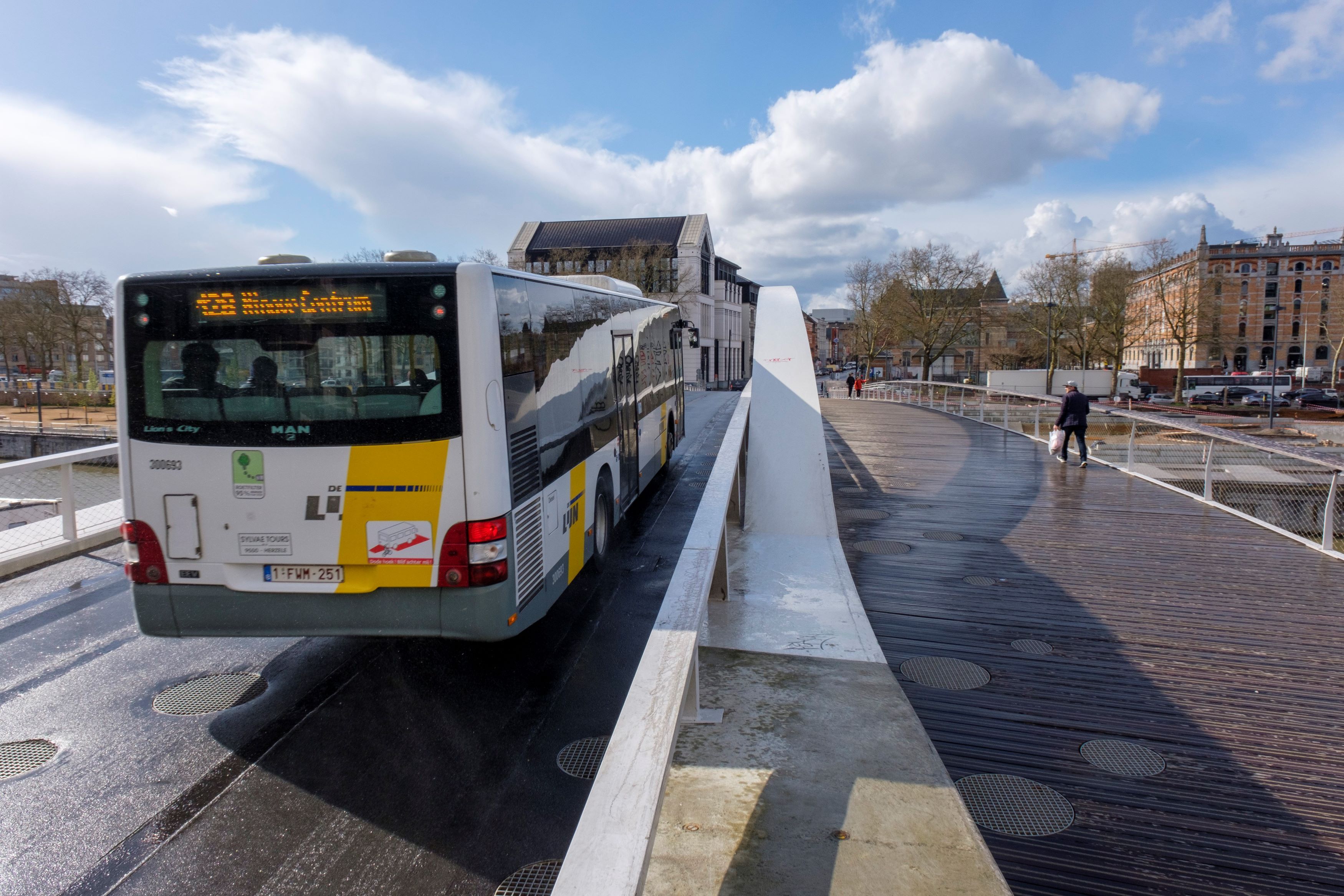Elections 2024: Who should I vote for if I want better public transport?

In the run-up to the elections, Belgium’s political parties are staking out their positions on key issues to voters. Today we look at where they stand on public transport.
In Belgium, trains are managed nationally, while trams, buses and metros are operated regionally. Each of the three regions face different challenges, but the parties generally agree that work needs to be done across the board. Among the areas for improvement are punctuality, frequency, geographical reach, comfort, accessibility and ticketing.
Flemish nationalist party N-VA wants investment to and from densely populated areas and where there are the most traffic jams. It promises to invest in a high-performance tram network and improve bus transport using bus lanes and smart traffic lights. It doesn’t believe in free public transport, saying it costs the taxpayer without providing a structural solution. It also wants the railways to be regionalised.
Flanders' green party, Groen, wants transport to essentially be free for young people and the elderly, at 1 euro a month, as is already the case in Brussels. It would invest in Flemish transport operator De Lijn and implement more punctual and frequent train connections with cheaper tickets.
It also wants to see Brussels continue its growth as a European hub for night trains, and to have a single booking system for international train and bus journeys, making them a fast and simple alternative to flying in many cases.
Sister party Ecolo, meanwhile, promises massive investment in rail services to increase the number of rail services and extended free transport.

The far-left PVDA/PTB, Belgium's only national party, promises free public transport, starting with buses, trams and metros. It also wants to strengthen and develop evening and night-time public transport in major cities.
Flemish socialists Vooruit want to see a greater supply of buses and trams that run punctually and are comfortable and accessible to all, throughout Flanders and not only in cities. Under its plans, the network would operate early in the morning, late in the evening and at night.
The party wants to introduce a single ticket valid on all forms of transport across the country, as well as free travel for under-25s. Flanders’ Christian democrats, CD&V, also pledge to move towards a system of unified public transport and reduced use of private cars.
Modernisation of the fleet
Like N-VA, far-right party Vlaams Belang wants regionalisation of the railways and, eventually, a Flemish rail company. Its promises also include reduced train ticket prices for young people, seniors and people with disabilities, and a modernisation of the rail fleet.
Francophone socialists PS would implement an inter-federal plan to strengthen provision in towns and cities across the country, to improve coordination of services offered by the various public operators and reduce waiting times between connections. It would also carry out analysis of rural areas to identify and respond to their transport needs. The party also wants to gradually introduce free travel, starting with under-25s.
Open VLD, the Flemish liberal party, would better combine mobility options to make it easier for people to choose sustainable transport and remove more cars from the roads. Its francophone sister party, MR, proposes a guaranteed minimum service in the event of strikes and an increase in services, particularly in the evenings and at weekends.
Working on the move
Les Engagés, the francophone Christian democrats, want to strengthen high-speed rail links and night trains between Europe’s major cities, with competitive and affordable fares that are competitive with air fares. It also wants to see quiet zones, sockets, tables and internet available on all trains to allow people to work while commuting.
Like other parties, it wants better integration of booking platforms, and improved rights for passengers in the event of delays. Public transport on major routes, as well as in and around towns, would be gradually doubled, with better provision at weekends and in the evenings. In less densely populated areas, it would give priority to a system of minibuses on demand.
© PHOTO BELPRESS
In the run-up to the elections for the federal, regional and European parliaments on 9 June, Belga English explains how the parties in Belgium want to address today’s challenges. Each day we put the spotlight on one issue. |
Related news

